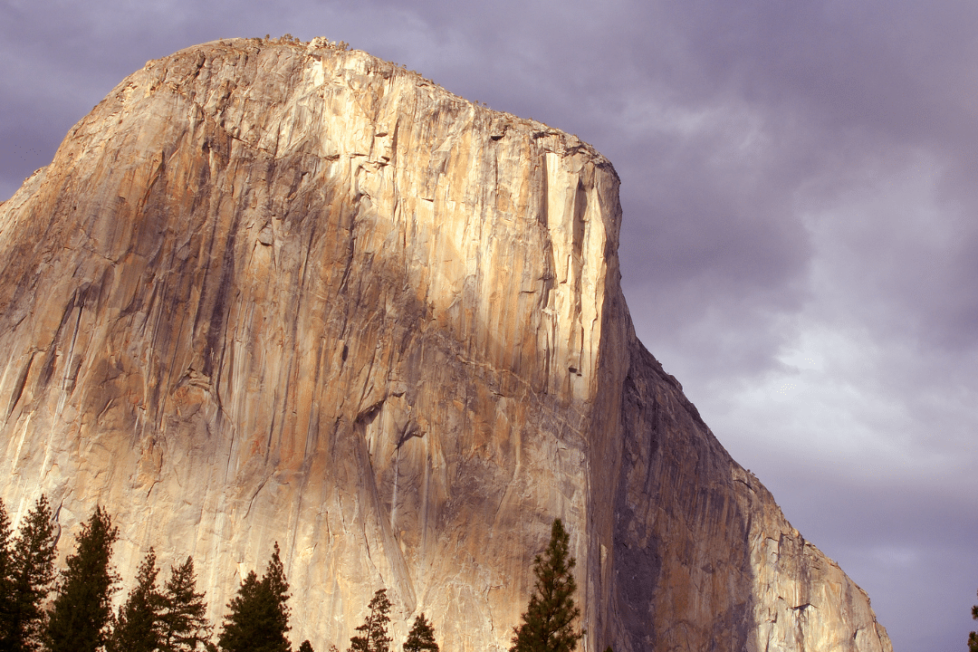Visualizing Both Positive and Negative Outcomes
Alex Honnold talks about the difference between risk vs. consequence, playing to your strengths, and the importance of visualizing both positive and negative outcomes.

Alex Honnold talks about the difference between risk vs. consequence, playing to your strengths, and the importance of visualizing both positive and negative outcomes.

On an iconic episode of the Whoop Podcast, host Will Ahmed chatted with Alex Honnold, one of the greatest rock climbers in the world and subject of the Oscar winning documentary, Free Solo, [where Alex climbs the infamous El Capitan without a rope]. On the pod, they talked about the difference between risk vs. consequence, playing to your strengths, and the importance of visualizing both positive and negative outcomes.
“To me, the point of visualization is to prepare you for any eventualities, like any possibility, that could happen while climbing. Basically, the point is to not be caught by surprise by anything…it’s scary to think about, but it’s important to think about those things ahead of time, so you don’t suddenly come up with them for the first time while you’re in that position.”
Alex Honnold
On the pod, Alex explained that while risk is defined as the likelihood of something going wrong—which, in climbing, can be mitigated with preparation—consequence is defined as the severity of the situation when something does go wrong—which in climbing, remains constant.
What type of scenario does Alex seek out?
Climbs that are of high consequence yet low risk (due to his own preparation).
“Just achieving your goal…you’re always left with the feeling, afterward, of like, what’s the next bigger thing—like what’s the other thing that you’re working on—you know, there’s always some other difficult challenge to do.” He followed that, along those lines, “just doing the thing—in a lot of ways—isn’t really enough, it’s how you feel doing the thing and how you feel building up to the thing…[that matters].”
“If you want to improve, focus on your weakness, but if you want to do something incredible, focus on what you’re best at.”
For Alex, that meant he had to quit trying to be the climber that he wasn’t and start focusing on the type of climber that he was (and pushing that climber to the limit):
“I accepted that El Cap was never going to look easy [to me], and I was never going to be this incredibly strong climber. But, the type of climber that I was, was capable of free soloing El Cap.”
Alex Honnold
“To me, the point of visualization is to prepare you for any eventualities, like any possibility, that could happen while climbing. Basically, the point is to not be caught by surprise by anything…it’s scary to think about, but it’s important to think about those things ahead of time, so you don’t suddenly come up with them for the first time while you’re in that position.”
He followed that, if you only focus on the positive, it could be dangerous because it could lure you into something that you’re not prepared for.
